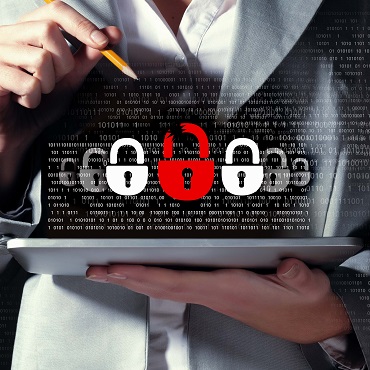Fed data at risk in attacks on university computers

DHS is warning that a college's information-filled IT infrastructure can provide access to sensitive federal networks.

Cyber attackers hijacked a university's supercomputer in early 2014, leveraging its vast capabilities in a massive electronic assault on U.S. gaming networks, according to a recent warning to U.S. higher education from the Department of Homeland Security.
DHS's “unclassified, for official use only” memo said university networks are attractive targets for cybercriminals, adding that universities' information-filled computer infrastructure and networks can provide access to other types of electronic facilities, including sensitive federal networks.
The Jan. 16 memo was linked in a Jan. 21 news story on the University of Nebraska-Omaha's Maverick Daily newspaper.
In early 2014, an unidentified cyber actor leveraged a supercomputer at a U.S. university to initiate a denial of service attack against the servers of several businesses that host servers for gaming activities, said the DHS memo, quoting an FBI source. The attack used about 98 percent of the university’s bandwidth. DHS didn't name the university in the memo.
Hacker Group Lizard Squad has claimed responsibility for bringing down MicroSoft's Xbox and Sony's PlayStation gaming networks in a later attack on Christmas Day 2014. The group had also been implicated in earlier attacks on those gaming networks. Soon after the Christmas Day Xbox and PlayStation network attacks, members of the loosely knit group told various media outlets around the world that that their DoS attacks tracked through undersea routers and overwhelmed networks with massive transmissions of more than a terabit per second.
Along with the supercomputer report, the memo also said government-funded advanced research programs, sensitive U.S. government and cleared contractor projects linked with higher education facilities "are appealing targets for cyber actors looking to gain access to sensitive research programs and information."
University networks offer an alternative point of access to sensitive information for cyber spies, according to DHS. "University networks, which often have multiple levels of connectivity and accessibility to fuel collaboration, may present an easier target for cyber espionage actors than sensitive government or private industry networks."
Despite the ominous words, DHS said run-of-the-mill cybercriminals were primarily interested in university networks to perpetrate typical cybercrimes like phishing scams, ransomware, shenanigans with student finances and other less spectacular electronic crimes. Cybercriminals can also camp out on university networks, using them as a base for attacks elsewhere, said the memo, because the constant ebb and flow of students using the networks can mask the criminals and their activities.


